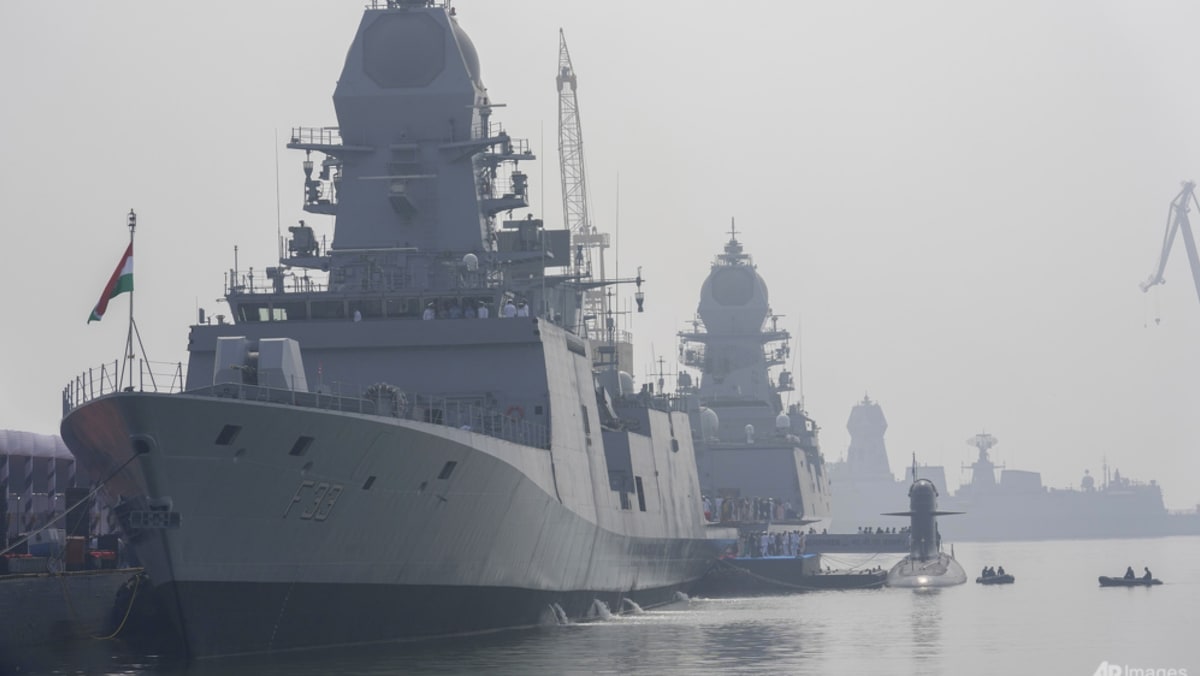The morning meeting of EU ministers was also attended by Ukraine Foreign Minister Dmytro Kuleba. An official familiar with the talks told POLITICO that Kuleba had informed his counterparts that “all signs point” to Russia continuing with its recent missile onslaught against Ukraine. The Ukraine diplomatic chief, the official related, urged the EU ministers to allow Ukraine to target installations in Russia, while saying the proposal should not be considered an escalation.
Kuleba’s appeal, and Borrell’s earlier advocacy of giving Kyiv a free hand in using its Western-donated armaments, was supported in the meeting by France, Sweden, Latvia, the Netherlands and Poland, the official said, with several noting that international law did not forbid a country from entering the territory of an aggressor in order to defend itself.
In the “no” camp, Slovakia, led by the Moscow-friendly government of Robert Fico, lamented that the meeting hadn’t been held in Budapest.
Borrell also said he had proposed that EU countries impose sanctions on some Israeli ministers for “unacceptable hate messages” against Palestinians that he claimed were against international law.
“I think the European Union should have no taboos to use our toolbox in order to make humanitarian law [be] respected. But it is not my decision. I only have the capacity of proposing; member states will decide,” he said.
Neither proposal was received well by Hungary.







